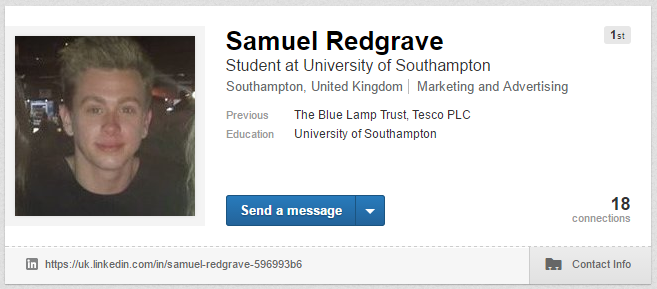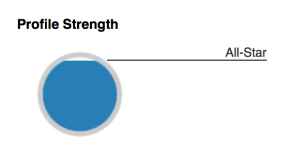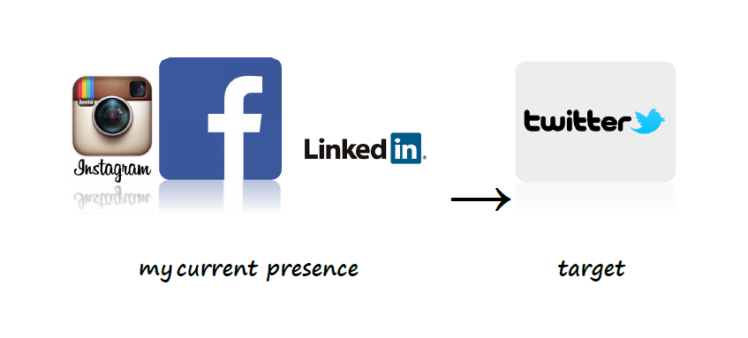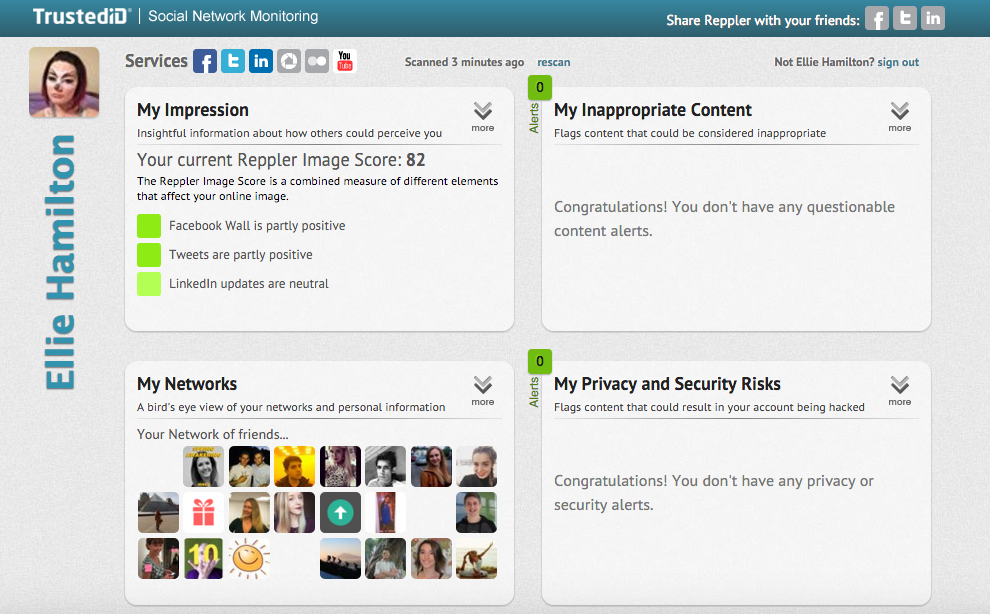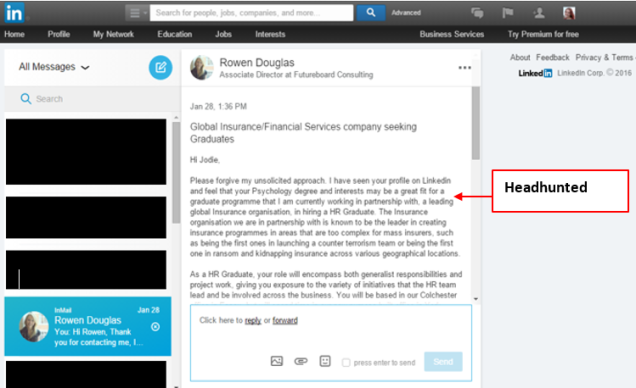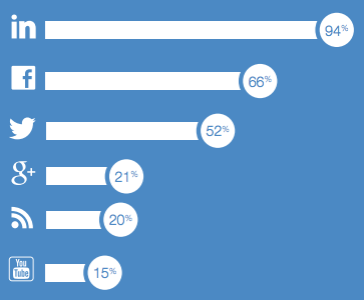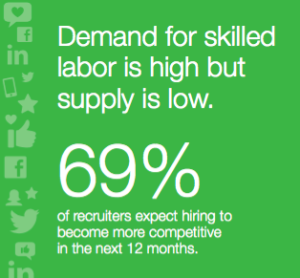
Topic 3. Summary
After having done some research, we all agreed that there are a few compulsory activities for a person who seriously thinks about creating their own online brand. These are: presence on LinkedIn (a leading network site, according to research), blogging, being active on professional networks or community websites (such as Stack Overflow for programmists, mentioned by Clayton). That’s what my state of knowledge was when I was writing my topic 3 post.
Continue reading →

